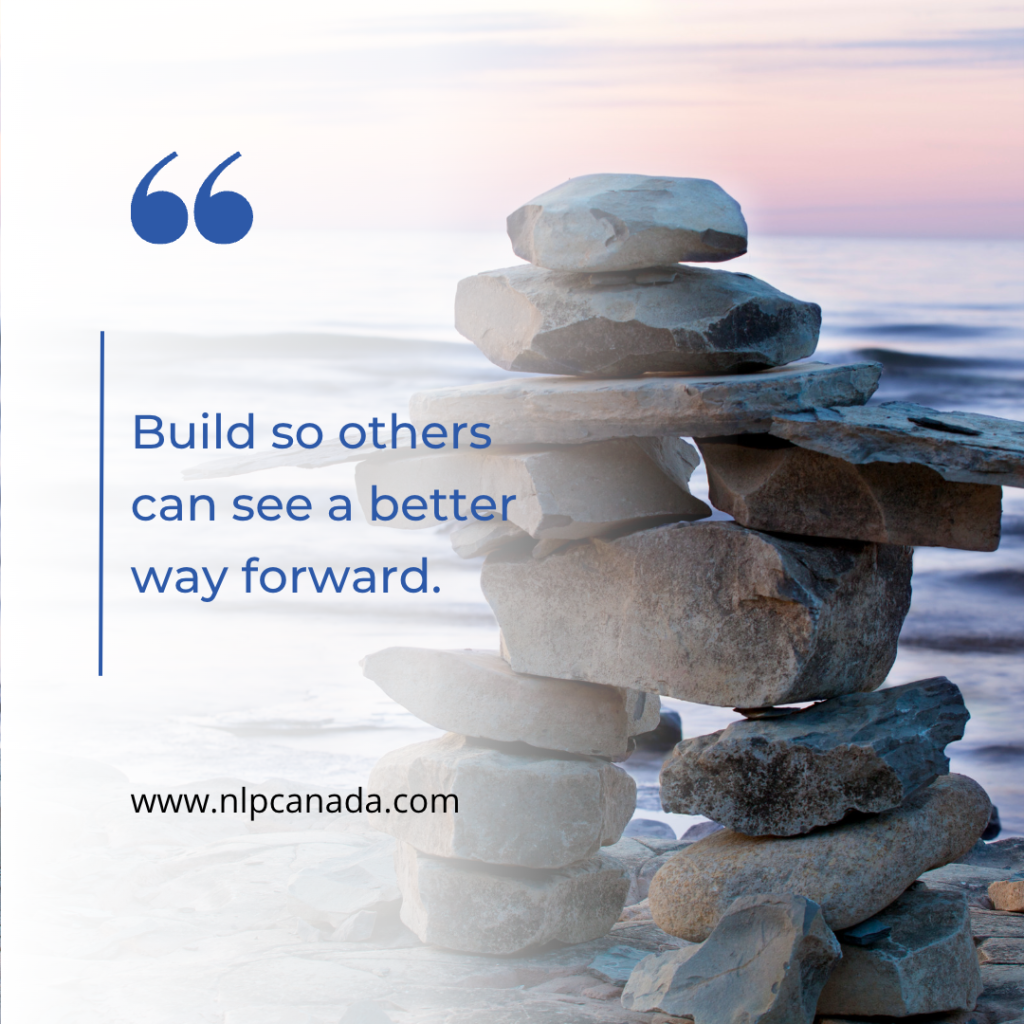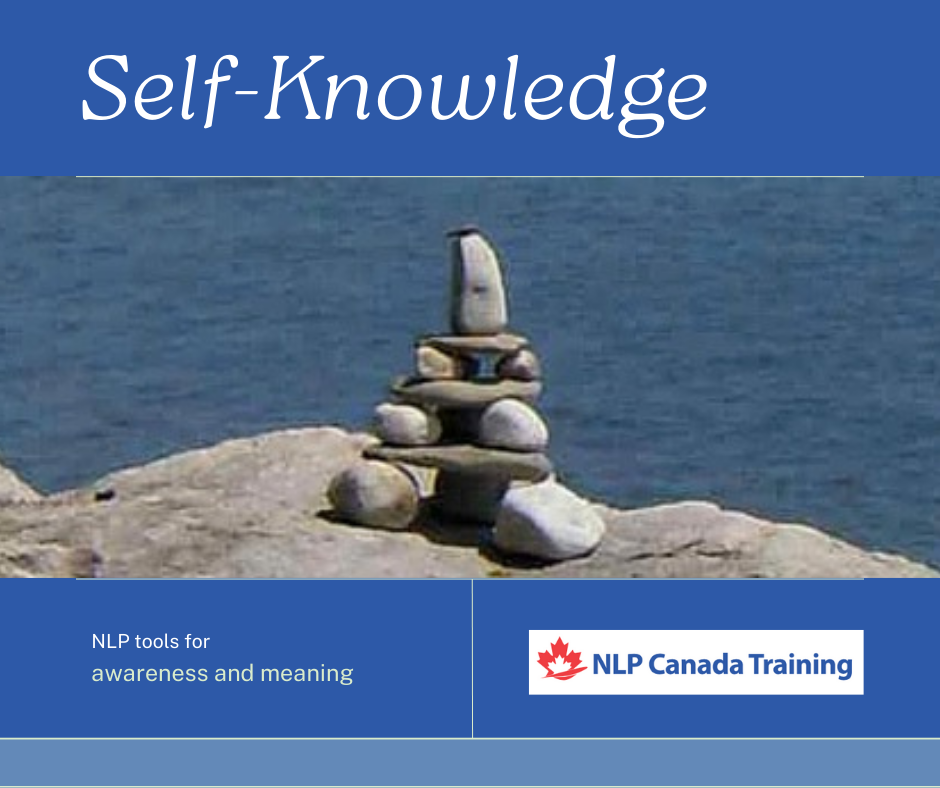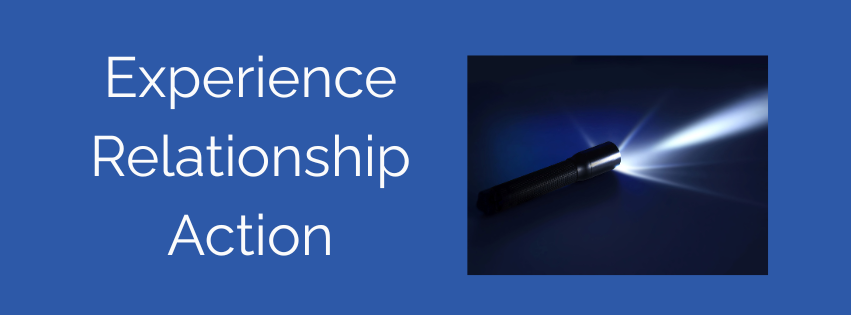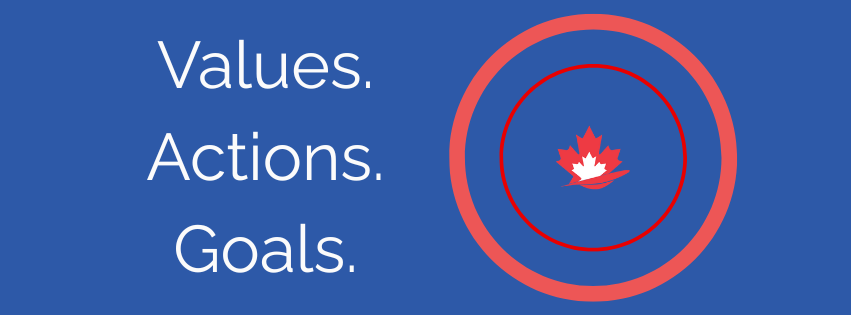People often associate mindfulness with peace or calm. This is more or less like thinking that steam is the reason for coffee. A hot cup of coffee will result in steam and mindfulness will result in calm But that’s not the point.
We live in a world where change is inevitable. That means we need to decide how to respond to change in us and around us.
A better way to think about the point of a mindfulness practice is to see it as a way to connect with what is present now so that you can recognize and adapt to change. Your choices depend on your answers to two questions:
- who are you?
- what do you want?
These are also the two questions at the heart of NLP. The toolkit exists to allow you to make choices about who you are and what impact you want to make as you change and respond to change.
You will never know all of yourself and you will never be completely sure of your goals. Life is complicated and unpredictable and so are you. But when you apply willpower to set goals, you do two positive things. The first is that you create a benchmark for noticing and understanding change around you. The second is that you create space between your choices and your identity.



